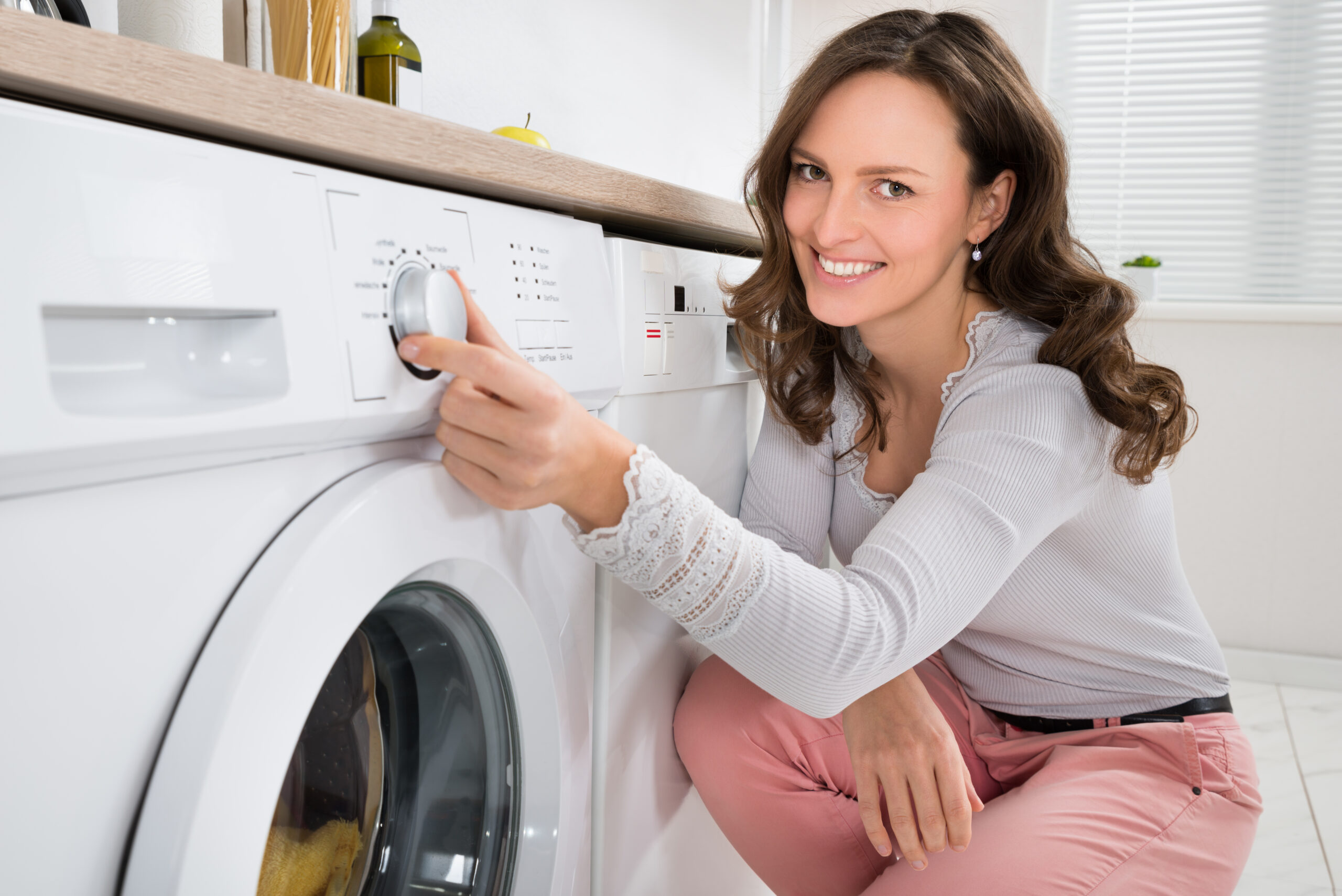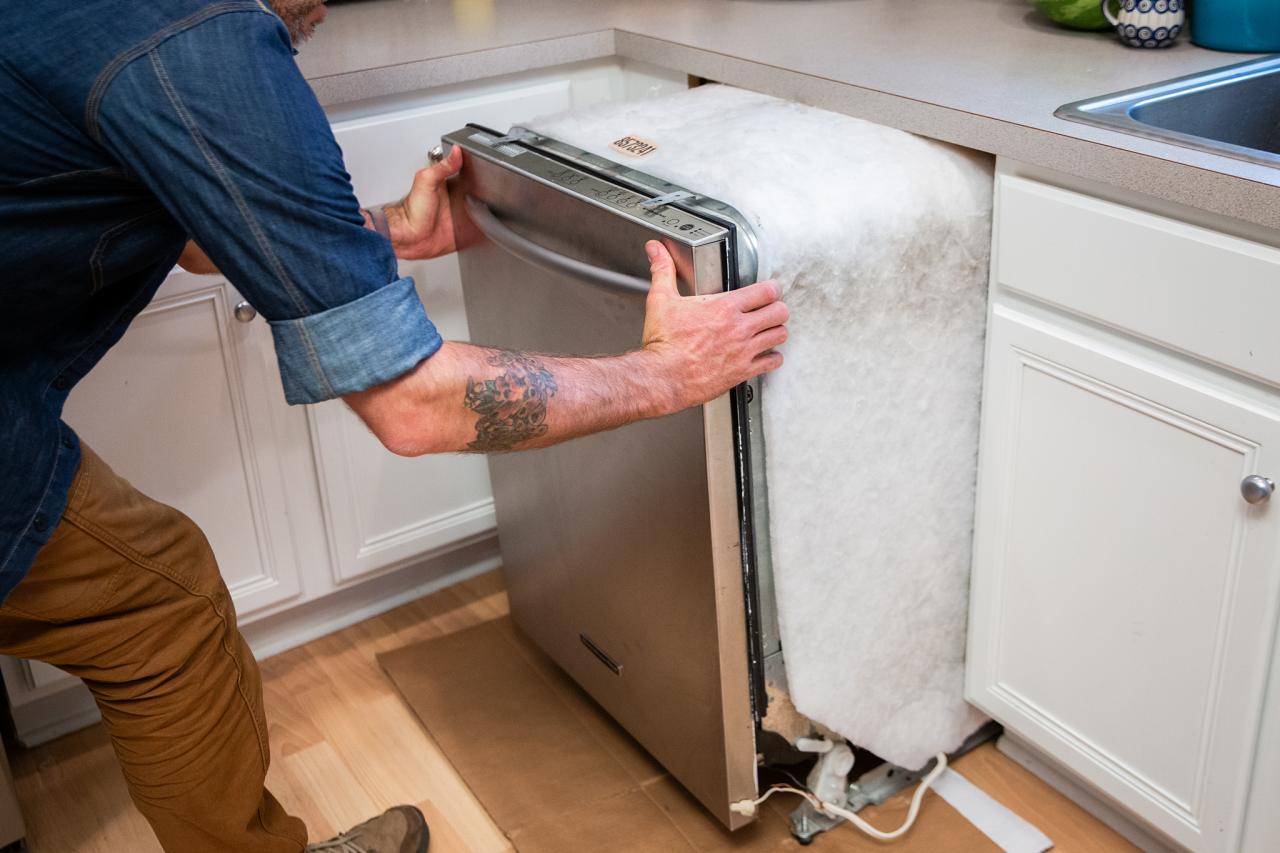Resolving My Dishwasher Challenges: A Homeowner's Guide
Resolving My Dishwasher Challenges: A Homeowner's Guide
Blog Article
Almost everyone may have their private rationale involving How to Troubleshoot & Repair a Dishwasher.

Having your dishwashing machine failure or malfunction can be a big deal and also trigger some pain in your home. Dishwashing machines are makers that we use to clean meals as well as flatwares immediately to save us the tension of manually doing it.
Like every other equipment that eases human initiative, dish washers can break down as well as establish some mistake at some point in time. There are numerous faults your dish washer might create, as well as while some of them can be addressed by replacing some components or fixing them, various other extra severe flaws will certainly require that you get a brand-new dishwasher.
This short article will certainly recognize a few typical mistakes your dishwasher might establish to prevent its overall performance as well as just how these mistakes can be resolved.
Typical Mistakes
Usual dishwasher faults might vary from small to significant ones. Relying on the degree, you will either require the solutions of specialist plumbings to repair or change it.
A few of one of the most usual mistakes include:
Leaky Dishwashing machine
This is most likely one of the most daily dishwasher issue, and fortunately is that it is very easy to identify. Leakages happen because of numerous factors, and also the leaks can ruin your kitchen. Usual root causes of dishwasher leakages consist of;
If your recipes as well as cutleries come out of the dish washer and also still look filthy or unclean, your spray arms might be an issue. In most cases, the spray arms can get obstructed, as well as it will need a quick tidy or a replacement to work properly once again.
Inability to Drain pipes
Sometimes you might discover a large quantity of water left in your bathtub after a laundry. That is probably a water drainage issue. You can either examine the drain hose for damages or clogs. When unsure, contact a professional to have it inspected as well as fixed.
This is an additional common dish washer issue, as well as it is primarily triggered by food debris or grease lingering in the equipment. In this instance, try to find these bits, take them out as well as do the dishes with no dishes inside the maker. Wash the filter extensively. That will certainly assist get rid of the poor scent. Make sure that you eliminate every food bit from your meals prior to moving it to the maker in the future.
Conclusion
Several of these usual dish washer faults can be repaired quickly in the house, yet sometimes, the faults could be massive and might need the focus of specialists. If you stay in Rochester, Syracuse, and various other parts of America, let the experts correctly detect what could be wrong with your dishwashing machine and also proffer a remedy.
We additionally install dishwashing machines if you simply bought a new one or intend to replace your own. With our several years of experience in the market, we make sure to provide you the very best feasible solutions.
7 Common Dishwasher Problems (and How to Fix Them)
Dirty, smelly, possibly covered in cheese. Is there anything more frustrating than opening the dishwasher only to find the dirty dishes are still there?! I mean, the main reason you buy a dishwasher is so you don’t have to deal with dirty dishes. C’mon dishwasher, you had one job.
A little maintenance goes a long way when it comes to appliances, but the truth is nothing lasts forever (sadly). That doesn’t mean it’s hopeless, though. With a handful of simple tricks, you can fix some of the most common dishwasher problems and bring that sparkle back into your dishwasher and back into your life.
My Dishes Are Still Dirty
This is at the top of a list for a reason. Dirty dishes are common and frustrating. Easy fixes first; check if your dishwasher has a manual filter and make sure that it’s clean and clear of debris. Then, as you load your dishwasher, make sure that the spray arms can rotate freely, spraying water throughout the drum. If they’re blocked or obstructed, you won’t be getting optimal cleaning performance. If the problem continues, check if your spray arms are clean and moving freely as grease and food particles can prevent them from spinning.
Also, stop pre-rinsing your dishes! Modern dishwashers use sensors to determine the soil level of the dishes. If you rinse them off too much, your dishwasher may select a shorter cycle than is necessary. Modern detergents also use enzymes that activate when they come in contact with food particles. If you remove the particles, your detergent will be less effective too.
My Dishes Aren’t Drying
The easiest fixes here are to add Rinse Aid to your dishwasher when you start the load to assist drying, and to make sure you don’t stack plastic against plastic or other hard to dry materials. It’s also a good idea to open the dishwasher door when the cycle is complete to release steam and prevent condensation from settling on your dishes (some higher-end machines even open automatically). If your dishwasher has a heating element, you may have to check if it is working properly. Check also the fan if your dishwasher has a stainless steel tub that uses blown radiant heat to dry.
My Dishwasher Smells Bad
If your dishwasher smells bad, make sure your filter and screens are cleaned of any grime and food residue. Check the spray arms and gasket on the door to make sure there’s no grease or food waste there as well. If you’ve done that, then it may just be time to sanitize the drum. Place a small bowl with vinegar in the upper basket of your empty dishwasher and run the sanitize cycle (or the hottest cycle you’ve got) to blast away bad odours.
My Dishwasher Won’t Start
If your dishwasher won’t start there’s often an electrical problem, and if you’re lucky that means there’s a very easy fix. Ask yourself, have I tried turning it off and on? If not, then do that. If it’s still not working, try unplugging and re-plugging in the machine and double-check your breaker to make sure power is feeding the unit. If it’s a mechanical problem, then it may be that your door isn’t latching properly and a simple realignment will get things sorted out.
My Dishwasher Won’t Fill
If possible, check your intake valves and make sure that the screen is clear and that there’s no blockage obstructing water flow. If that’s not it, then the float and/or float switch located at the bottom of the drum could be the problem. Make sure that the electrical connections are intact and that the mechanism hasn’t been damaged or blocked in any way.
https://www.wardells.ca/blog/7-Common-Dishwasher-Problems--and-How-to-Fix-Them-

I recently found that piece on How to Troubleshoot & Repair a Dishwasher when doing a search on the search engines. For those who enjoyed our post if you please do not forget to pass it around. Many thanks for going through it.
We've got this! Report this page